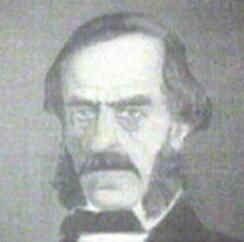Browse through Croatian history for this week, you may be surprised by what you read...
February 5
Juraj II Drašković (English: George II Drashkovich, was born on this day in 1525. He was a Croatian nobleman, statesman and Catholic bishop and cardinal, very powerful and influential in the Croatian Kingdom. He was a member of the Drašković noble family and elected by Sabor – the Parliament of Croatia – as Ban (viceroy) of Croatia to rule the country between 1567 and 1578. During his reign, the political and social situation in Croatia was extremely complicated, marked by Ottoman invasion, noblemen conflicts, Protestantism breakthrough and peasant revolts. Drašković became cardinal at the first consistory of Pope Sixtus V on 18 December 1585.
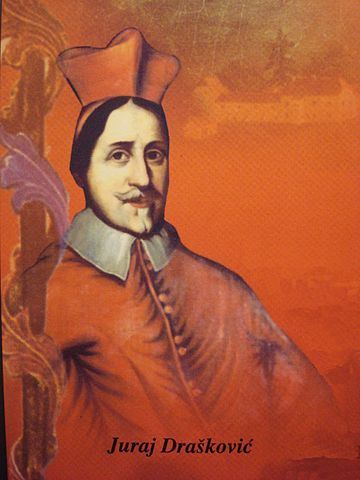
February 6
Nikša Allegretti was a Croatian physiologist, immunologist and academician, born on this day in 1920. He is one of the founders of modern immunology in Croatia. From 1945 until his death he worked in the Physiology Department of the Zagreb Faculty of Medicine, and from 1960 he headed the Biological Institute in Rovinj, where he is also credit for the opening of the Maritime Research Center. From 1966 he also headed the Biology Department of the Ruđer Bošković Institute, researching tumors, radiation syndrome and role of glands in metabolic functions. Despite fierce opposition of party hardliners, in 1974 he helped create the University Computing Center.
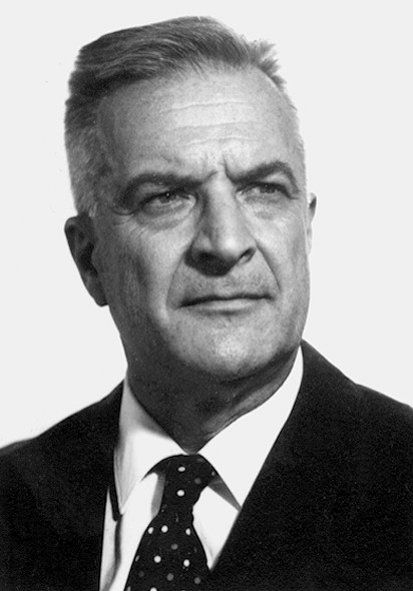
February 7
Born on this day in 1927, Dušan Vukotić was a director, scenario writer, animator, tracer and cartoonist. His was of Montenegrin nationality, but worked and lived in Croatia. He was considered a global master whose vritusity and appeal brought forward his thoughts on the essential conflicts of the modern world and man’s existence. He is best known for his animated movie Surogat (surrogate), which won an Oscar for Best Animated Film in 1961. This was the first award for a movie outside the United States and Vukotić became the first Croatian to win an Oscar. He was the recipient of a lifetime achievement award in 1994 at the World Animated Film Festival Animafest in Zagreb.
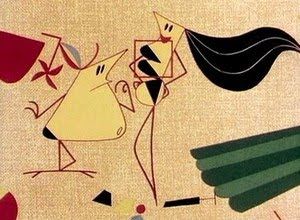
February 8
Born on February 8, 1885, Ivan Kozarac was a Croatian novelist, poet and writer of short stories. Born in Vinkovci, he came from a peasant family that sent him to school, but he managed to finish only two grades. As a thirteen-year-old boy wanting to avoid family poverty, he was employed as a clerical trainee in a district in Vinkovci. From 1900 until 1906, he worked as a law clerk. Suffering from tuberculosis, he was not relieved of army duty. In 1909, he went to Zagreb where he was employed as a fund manager and director of the Croatian Writers Society. In the summer of 1910, the writer and doctor Milivoj Dežman referred him to treatment in Brestovac. However, Ivan returned home uncured and eventually died in Vinkovci at the age of 25. Kozarac was an active writer for only four years. In his lifetime only a single book was published; a compilation of short stories, Slavonian Blood in 1906, and his other books were released only after his death. His cardinal work is the novel Đuka Begović, first published in 1911. The novel describes many Slavonian traditions in an almost documentary style. It has since been made into a theatrical play and a movie.
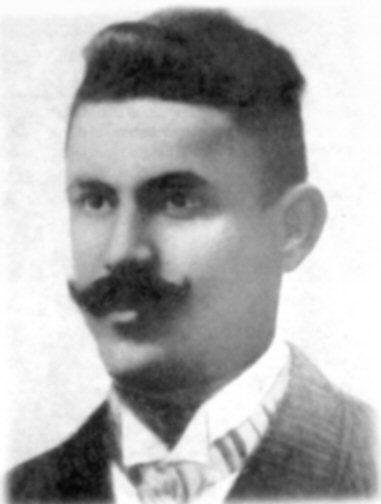
February 9
The Battle of Stubičke Toplice in 1573 was between around 6.000 rebelled peasant troops, led by Matija Gubec, Ivan Mogaić and Ivan Pasanec, while the 5.000 strong feudalist army of infantry and armored horsemen was led by Gašpar Alapić. After four hours of battle, the peasants were defeated, suffering cruel retribution. This battle marked the end of the first peasant uprising in Croatia.
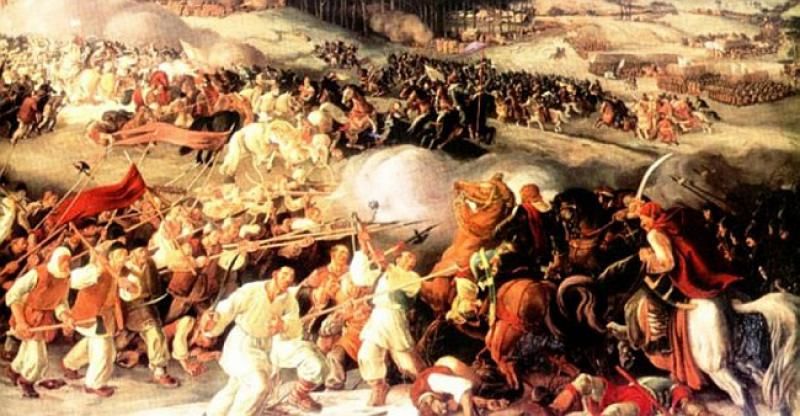
February 10
Matica Hrvatska (Croatian Matrix) is the oldest independent, non-profit and non-governmental Croatian national institution. It was founded on February 10, 1842 by the Croatian Count Janko Drašković and other prominent members of the Illyrian movement during the Croatian National Revival (1835-1874). Its main goals are to promote Croatian national and cultural identity in the fields of art, science, spiritual creativity, economy and public life as well as to care for social development of Croatia. Matica Hrvatska is also one of the largest and most important book and magazine publishers in Croatia. Matica Hrvatska also publishes many books in one of its most famous editions called Stoljeća hrvatske književnosti (Centuries of Croatian Literature). As of 2015 Matica has 120 branches in: Austria (1), Belgium (1), Bosnia and Herzegovina (17), Croatia (96), Germany (1), Hungary (3) and Serbia (1).

February 11
Ivan Visin was a naval captain and explorer. On request of the government of the Habsburg monarchy, he became the first Croatian to circumnavigate the globe in a vessel called Splendido between February 11, 1852 and August 30, 1859. The journey started in Antwerp and ended successfully in Trieste. The ship was 30 meters long with 311 tonnes of cargo. For this undertaking of historical importance for the empire, he was decorated with a flag of honour Merito navali by the Austrian Emperor Franz Josef. The trophy is on display in Birth of Our Lady church in Prčanj.
